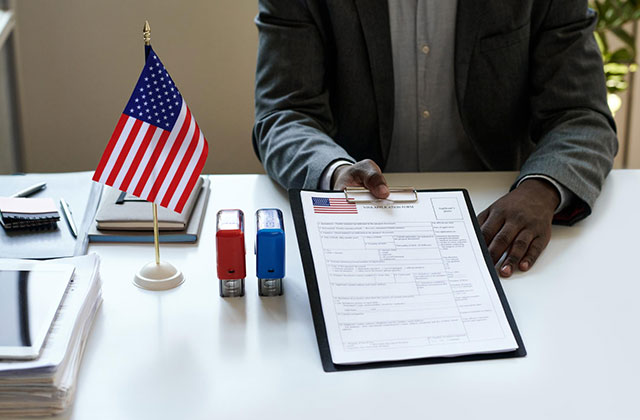Briefly About our Services
We provide essential legal services to vulnerable individuals seeking protection and immigration relief in the U.S.
Here are the key services that we offer:
- Eligibility Assessment
- Petition Preparation and Filing
- Family Court Representation (SIJS)
- USCIS Representation
- Adjustment of Status
- Protection and Confidentiality (VAWA)
- Counseling on Benefits and Rights
- Appeals and Legal Challenges
- Supportive Services and Referrals
These services are critical for vulnerable individuals, including minors and survivors of domestic violence, helping them secure legal status and protection in the U.S. while ensuring their safety and well-being.

